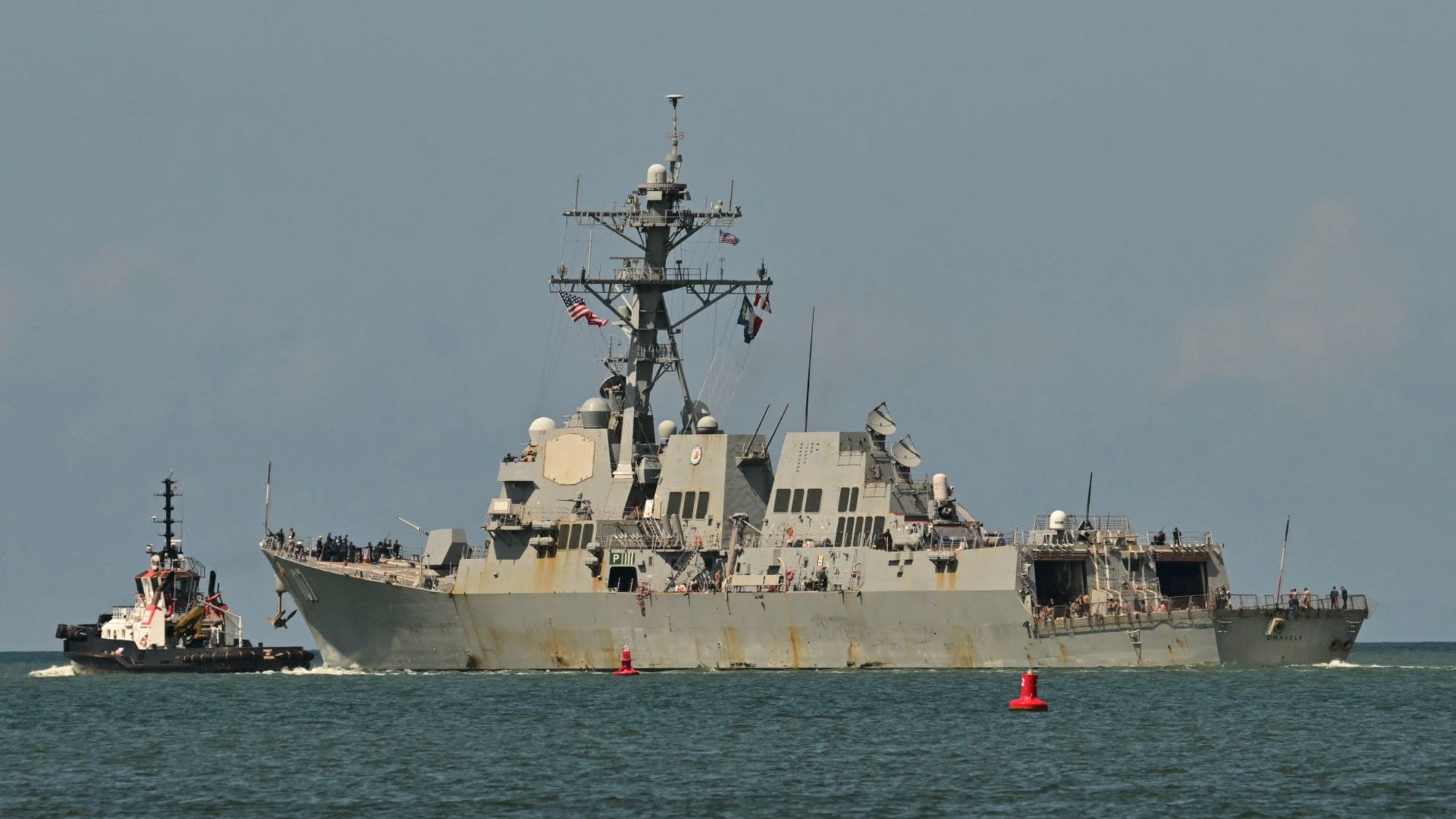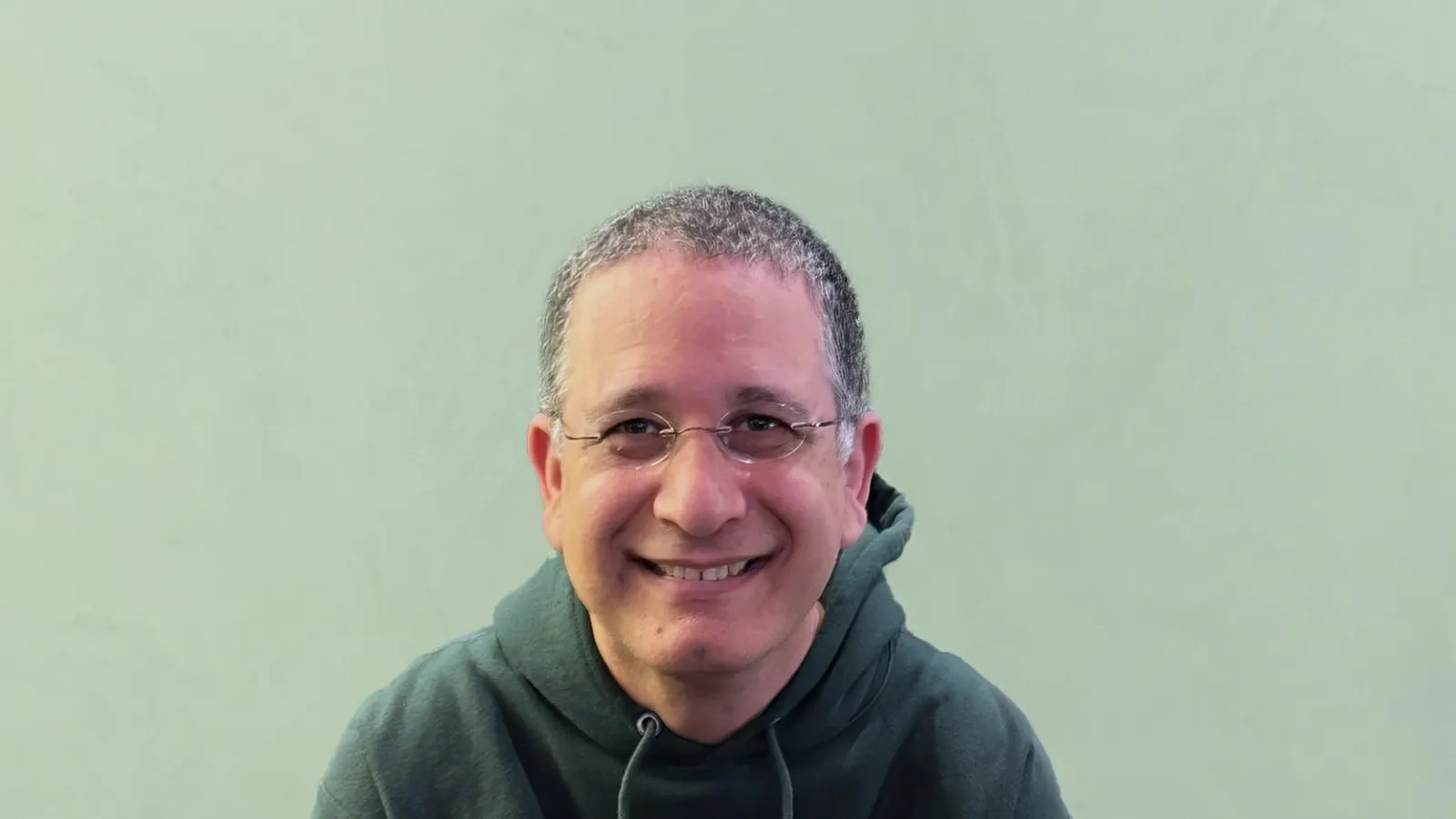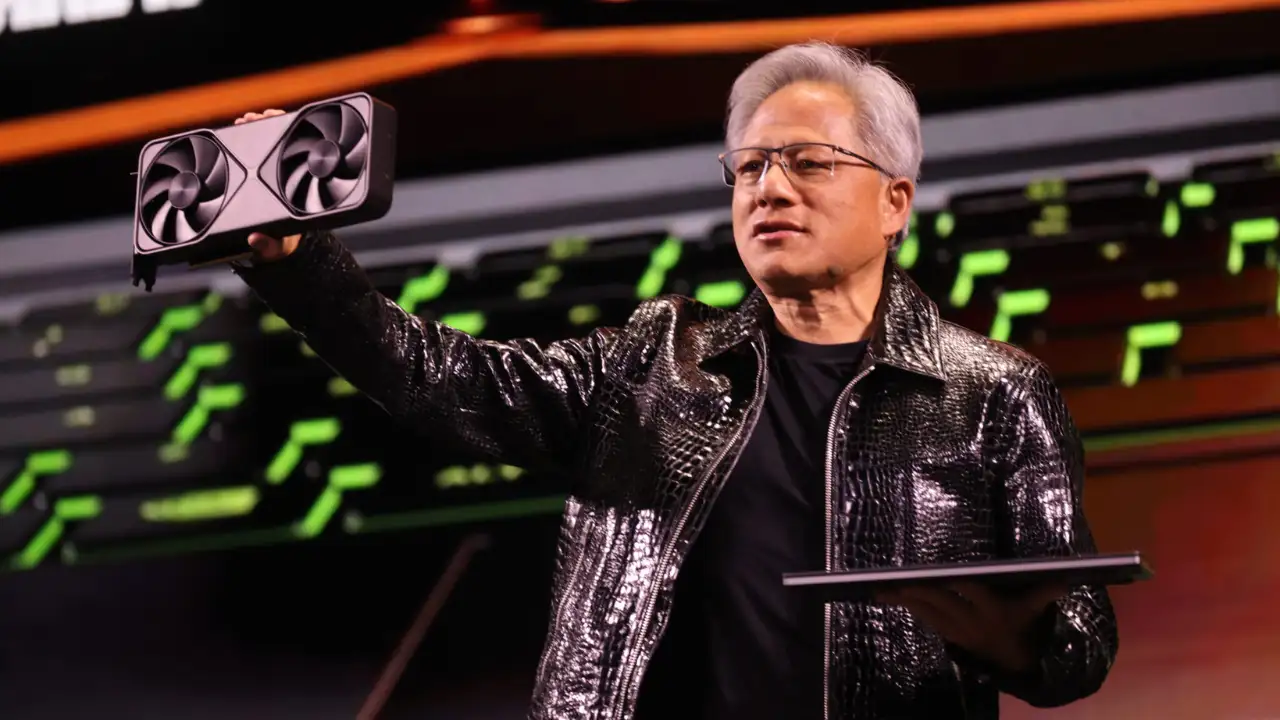Copyright theweek

‘The new pirates of the Caribbean’ The Washington Post editorial board There’s a “name for attacks on civilian ships on the high seas: piracy,” says The Washington Post editorial board. That’s also an “unfortunately plausible description of the Trump administration’s bombings of vessels around South America that it says are carrying drugs.” The U.S. is “attacking civilian vessels, whether those aboard are engaged in crime or not.” Trump “hasn’t bothered seeking Congress’ approval,” and the “made-for-social-media boat explosions will likely continue, but they should be called what they are.” ‘Let your kids be cringe’ Amil Niazi at New York There’s an “overwhelming need to control and limit our own expression of parenthood all over social media,” says Amil Niazi. We “curate our feeds,” and the “kids themselves are an afterthought.” But if “pretending, through your dull furniture or ‘aesthetic’ wooden toys, that your house and life are unchanged by your children won’t let you escape the inevitable chaos and messiness of being a parent — and, to be clear, it won’t — then why bother”? ‘Despite Trump’s acts of sabotage, electric vehicles are here to stay’ Jane Gould at the San Francisco Chronicle Despite Trump’s “acts of sabotage, EVs will continue to get built, and they will continue to become more affordable,” says Jane Gould. In part, that’s because an electric car has “only 20 moving parts compared to about 2,000 in the drivetrain of a gas car.” EVs are “now reaching price parity with gasoline vehicles.” Electric vehicles “got caught in the crosshairs of red and blue politics, but they won’t stay there for too long.” ‘Batteries are crucial technology for the 21st century’ Fatih Birol at the Financial Times Batteries are a “crucial part of our everyday lives and our economies,” and their role is “only set to get bigger, especially in the energy sector, as costs come down and demand rises,” says Fatih Birol. But the “world’s battery supply chains show a worrying dependency on one single country: China.” Such a “high level of concentration creates considerable risks.” There’s a “mismatch between many countries’ rising need for batteries and their readiness to ensure diversified supply chains.”



